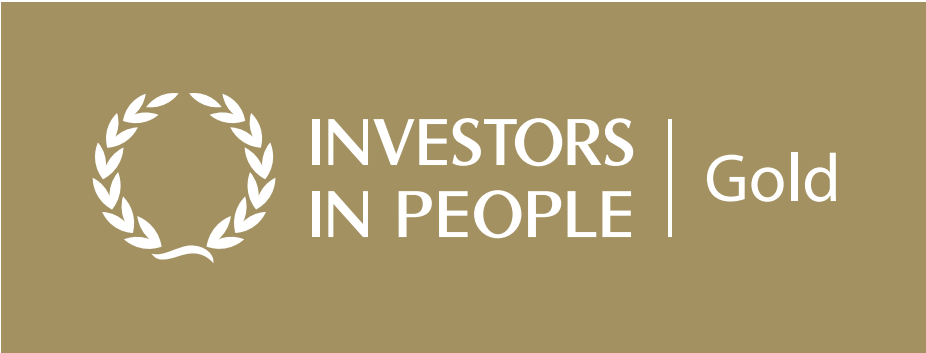24 March 2016 Blogs
Water is an often overlooked, but completely crucial part of the UK’s infrastructure. Ensuring that we have safe, uncontaminated water led to the introduction of the National Water Hygiene Card; commonly referred to as the ‘Blue Card’.
What is it?
Back in 2006, at the request of Water UK, the National Water Hygiene Scheme was created. Its aim was to consolidate all of the different training schemes into one all-encompassing qualification that would be suitable for the entire industry. This spans across England, Wales, Scotland and Northern Ireland.
You should think of water as a food product and therefore the public expect their water supply to have been treated properly so that it doesn’t cause health problems.
Who needs the card?
The card is issued by the Energy and Utility Skills Register (EUSR), and on their recommendations, anyone working with clean water, especially those working in the production and maintenance of drinking water supplies should have an up-to-date blue card.
This includes any person working on service reservoirs, pumping stations, treatment works, wells, spring and boreholes and working on the network of water mains.
Why do you need the card?
The card is an important way of ensuring all water industry workers are well-trained in keeping our water systems clean and uncontaminated, in compliance with Water UK standards.
The objective of the training is to provide a basic understanding of how important the maintenance of good hygiene standards is whilst working with potable water. The emphasis will be placed on your own personal responsibility towards keeping our water systems safe.
Whether you are a contractor or direct employee of a water company, the same qualification will be needed.
What will be covered?
Several areas will be covered under regulation, emphasising the importance of personal hygiene and identification of potential sources of contamination, this includes Personal Protective Equipment (PPE) and the need for clean boots.
Other areas that are explained is the potential for contamination through vehicles, tools, fuel and even pets.
How do you get one?
In order to be up-to standard with the nationally agreed level of training and awareness you must first answer a standardised health questionnaire to confirm that you are not carrying any water borne diseases.
Then, after a short training course, you will be issued a card from the EUSR and become registered; this card will last for three years.
What DTL can do
DTL can offer a half-day National Water Hygiene Course that, once completed, will register you to receive the blue EUSR registered water hygiene scheme card. The course is classroom based with a written test paper.











